First concrete poured at Egypt’s El Dabaa-3
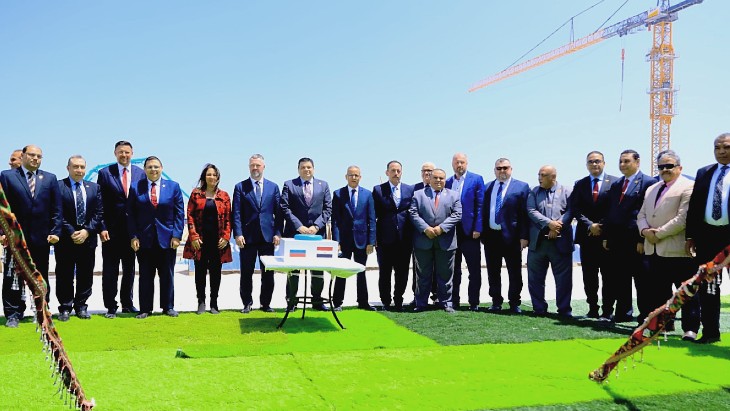
The main construction phase for Unit 3 at Egypt’s El Dabaa nuclear power plant project has begun, Russia’s state-owned nuclear energy corporation Rosatom announced last week.

A message from Electrical Builders, Ind.
America’s Top Performing Nuclear Plants Rely on Electrical Builders, Industries to Expand and Extend the Life of Their Critical Electrical Assets

The main construction phase for Unit 3 at Egypt’s El Dabaa nuclear power plant project has begun, Russia’s state-owned nuclear energy corporation Rosatom announced last week.
On December 20, 1951, researchers used energy produced by Experimental Breeder Reactor-I near Arco, Idaho, to illuminate four 200-watt lightbulbs. Since then, utilities have built commercial nuclear power plants in the United States almost exclusively to generate electricity. This has worked well alongside other power generation and transmission infrastructure—large oil- and coal-fired, natural gas turbine or hydroelectric plants, and a relatively simple electrical grid designed to deliver reliable power.
Humanity is now embarking on an epic and complex energy transformation across the grid, industry, and transportation. Renewables like wind and solar are contributing an increasing share of carbon-free electricity to the grid, but that contribution is variable and hard to predict—sometimes those sources produce more electricity than the grid needs, and sometimes less.
Earlier this year, the American Nuclear Society's newly formed Special Committee on Certification started conducting market research with the help of a third party contractor to determine the viability of a nuclear certification program. An initial survey was sent to the membership back in March with the goal of determining what certification programs were already available and what type of certification program ANS could develop to benefit the community.
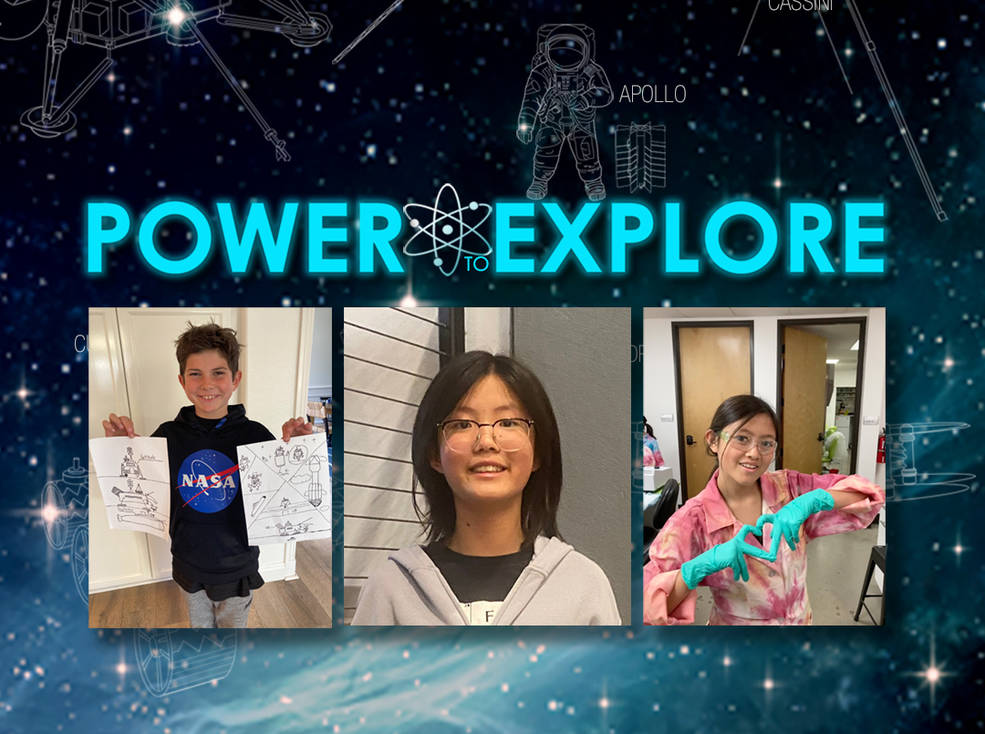
Three winners have been announced in NASA’s Power to Explore Student Writing Challenge, in which U.S. students in kindergarten through 12th grade could participate by writing about imaginary space missions using radioisotope power systems (RPSs). Out of almost 1,600 submitted entries, 45 semifinalists, and nine finalists, Luca Pollack of Carlsbad, Calif. (in the K–4th grade category), Rainelle Yasa of Los Angeles, Calif. (in the grades 5–8 category), and Audrielle Paige Esma of Wildwood, Fl. (in the grades 9–12 category) snagged the top prize in their age groups. The April 25 announcement by NASA includes links to the winning essays.

Craig Piercy
cpiercy@ans.org
This month’s Nuclear News takes a look at nuclear’s reliability as an energy source, along with its contributions to the overall resiliency of our electricity grid. Capacity factors in the U.S. remain at an all-time high, and nuclear’s strength in maintaining a functional electricity distribution system in times of stress, whether by storm or war, is gaining public acceptance and appreciation.
Earlier this spring, the Nuclear Regulatory Commission hosted its first in-person Regulatory Information Conference (RIC) since the onset of COVID. Though well organized and informative, it was easy to sense the frustration of attendees—over things like the stringency of the NRC’s proposed Part 53 regulatory framework for advanced reactors and the perceived lack of preparedness for the coming onslaught of license applications. There was a general sense, as one friend put it, that the commission is “wrapped around the axle of administrative procedures and precedents.”
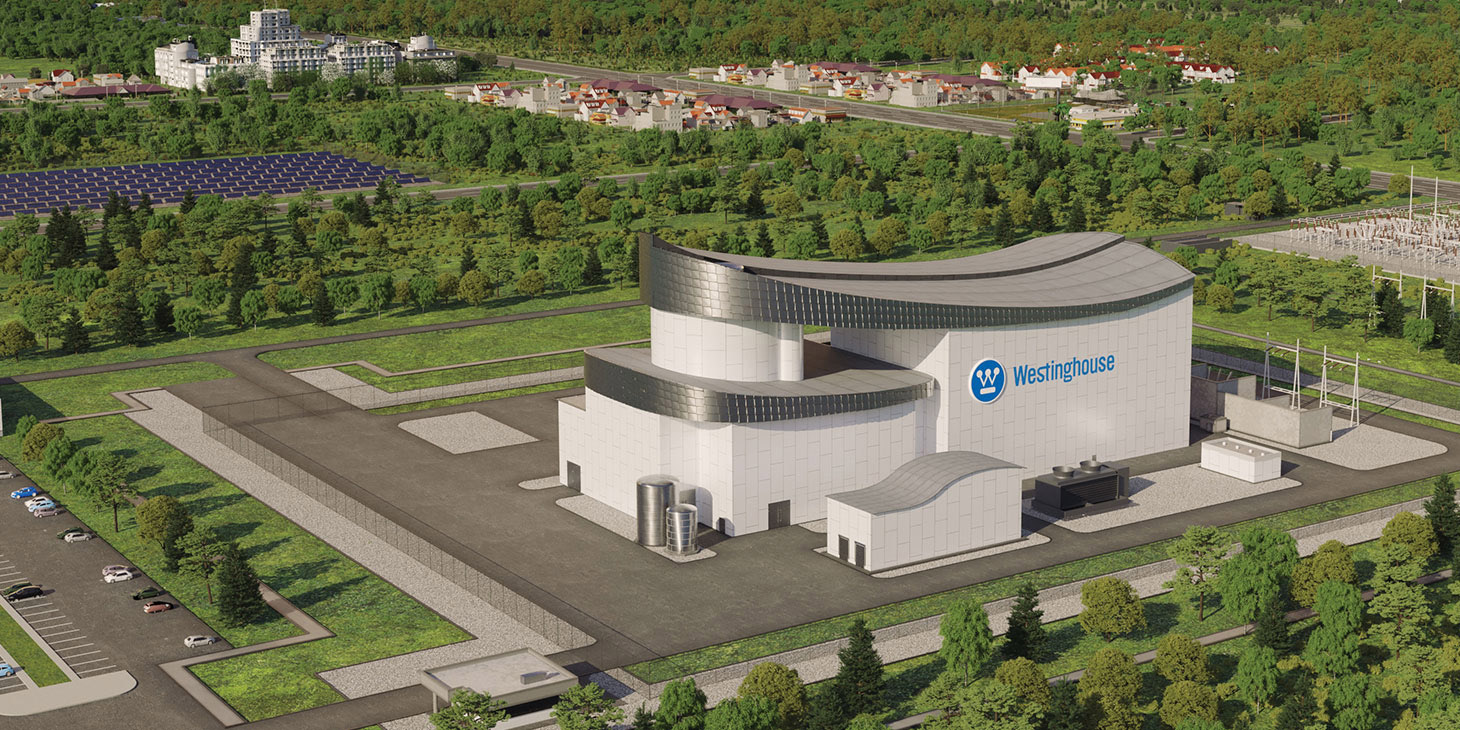
At a virtual press conference this morning, Westinghouse Electric Company president and chief executive officer Patrick Fragman announced the launch of the AP300 small modular reactor, a 300-MWe, 900-MWth single-loop pressurized water reactor based on the company’s larger AP1000 unit. Fragman was joined at the conference by David Durham, president of energy systems for Westinghouse, and Rita Baranwal, the firm’s chief technology officer. The company also released a short video introducing the AP300 on YouTube.
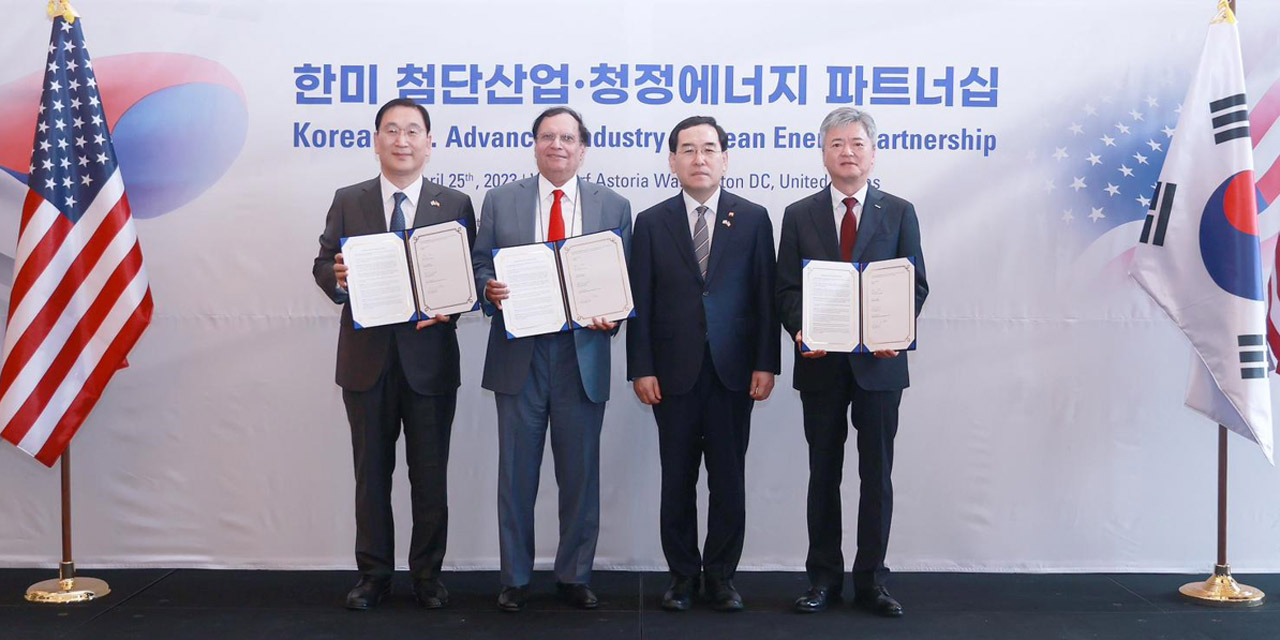
Two South Korean financial institutions—the Korea Trade Insurance Corporation (K-Sure) and the Export-Import Bank of Korea (KEXIM)—have signed pacts with Holtec International and Hyundai Engineering & Construction (a Hyundai Motor Group subsidiary) to provide support to Holtec’s SMR-160 projects around the world, the American firm announced on May 2.
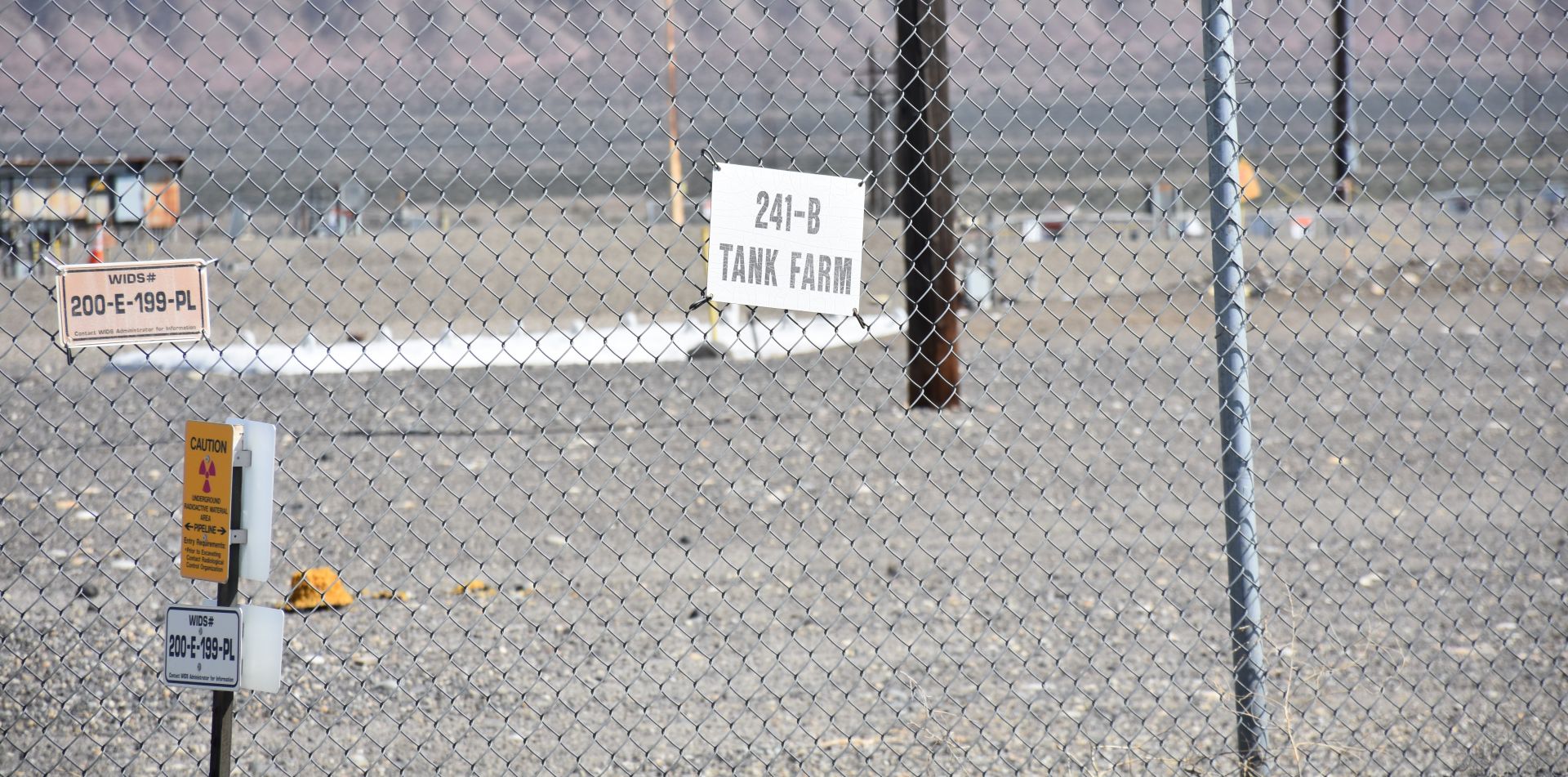
After nearly three years of discussions and more than 60 mediation sessions, the Department of Energy, Washington State Department of Ecology, and the Environmental Protection Agency announced that they have reached a conceptual agreement on revising plans for managing millions of gallons of waste stored in tanks at the Hanford Site near Richland, Wash.
![]() Here is a recap of industry happenings over the past month:
Here is a recap of industry happenings over the past month:
ADVANCED REACTOR MARKETPLACE
Site selected for Xe-100 SMR deployment
Dow and X-energy have announced that the first commercial deployment of X-energy’s Xe-100 advanced small modular reactor will be at one of Dow’s sites on the U.S. Gulf Coast. Previously, Energy Northwest’s Columbia nuclear power plant in Washington state was the expected location for deployment. Energy Northwest has said it still hopes to deploy an Xe-100 SMR before 2030.
X-energy also announced that it is building a regional fleet management, monitoring, and training facility called the Plant Support Center–East in Frederick, Md., to support the deployment of its SMRs.

Georgia Power has announced another key milestone for the Vogtle nuclear expansion project near Waynesboro, Ga.—the completion of hot functional testing at Unit 4. This achievement marks another significant step toward commercial operation for the Generation III+ AP1000 reactor, which is projected to enter service late in the fourth quarter 2023 or in the first quarter 2024.
The International Atomic Energy Agency’s Department of Safeguards recently qualified Savannah River National Laboratory to produce microparticle reference materials that can be used to evaluate measurement quality in support of the Network of Analytical Laboratories (NWAL) and the IAEA’s verification mission. SRNL announced the development on April 25.
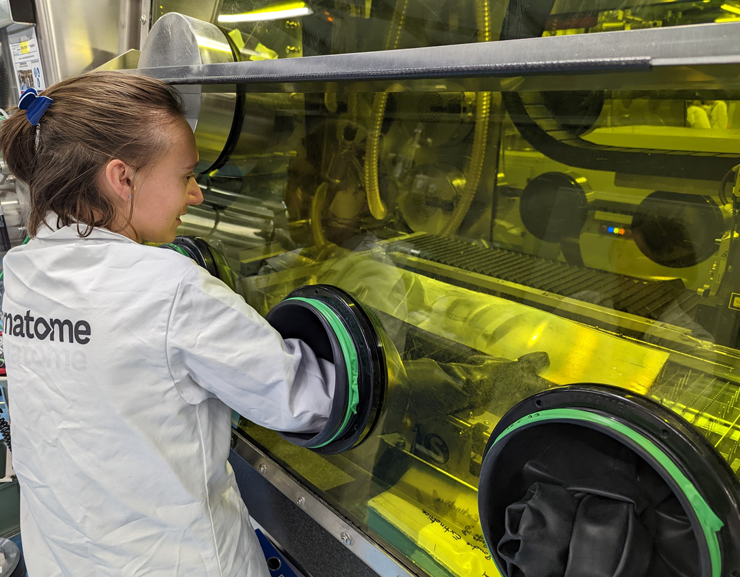
Framatome is prepared to manufacture a novel molybdenum-uranium (U-Mo) fuel to extend the life and safe operation of the Forschungsreaktor München II (FRM II) research reactor in Germany. A new fuel supply—one that uses uranium enriched to less than 20 percent U-235—means the FRM II can continue to supply neutrons to industry and the scientific community. The fuel is “Europe’s low-enriched fuel with the highest density ever realized for research reactor operations,” according to Framatome’s April 27 announcement.
Attracting more than 2,000 attendees, the 2023 Waste Management Symposia was held February 26–March 2 in Phoenix, Ariz. For many, this year’s conference was a return to business as usual, with a packed exhibit hall and well-attended technical sessions, as the upheaval brought about by the pandemic that began three years earlier seemed a thing of the past. Not that those who gathered in Phoenix threw any caution to the unseasonably cold and rainy winds that descended across Arizona this year.
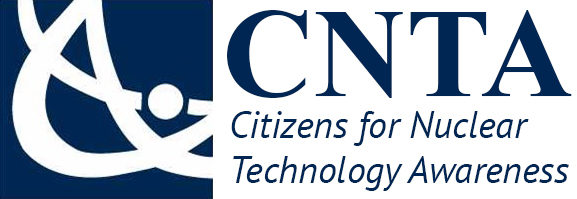 Citizens for Nuclear Technology Awareness (CNTA), a charitable nuclear educational organization based in Aiken, S.C., has announced the winners of its 17th annual High School Essay Contest. The contest was open to high school juniors and seniors in Aiken, Allendale, and Barnwell counties in South Carolina and Burke, Columbia, and Richmond counties in Georgia, as well as homeschool students in the region and students of CNTA member families.
Citizens for Nuclear Technology Awareness (CNTA), a charitable nuclear educational organization based in Aiken, S.C., has announced the winners of its 17th annual High School Essay Contest. The contest was open to high school juniors and seniors in Aiken, Allendale, and Barnwell counties in South Carolina and Burke, Columbia, and Richmond counties in Georgia, as well as homeschool students in the region and students of CNTA member families.
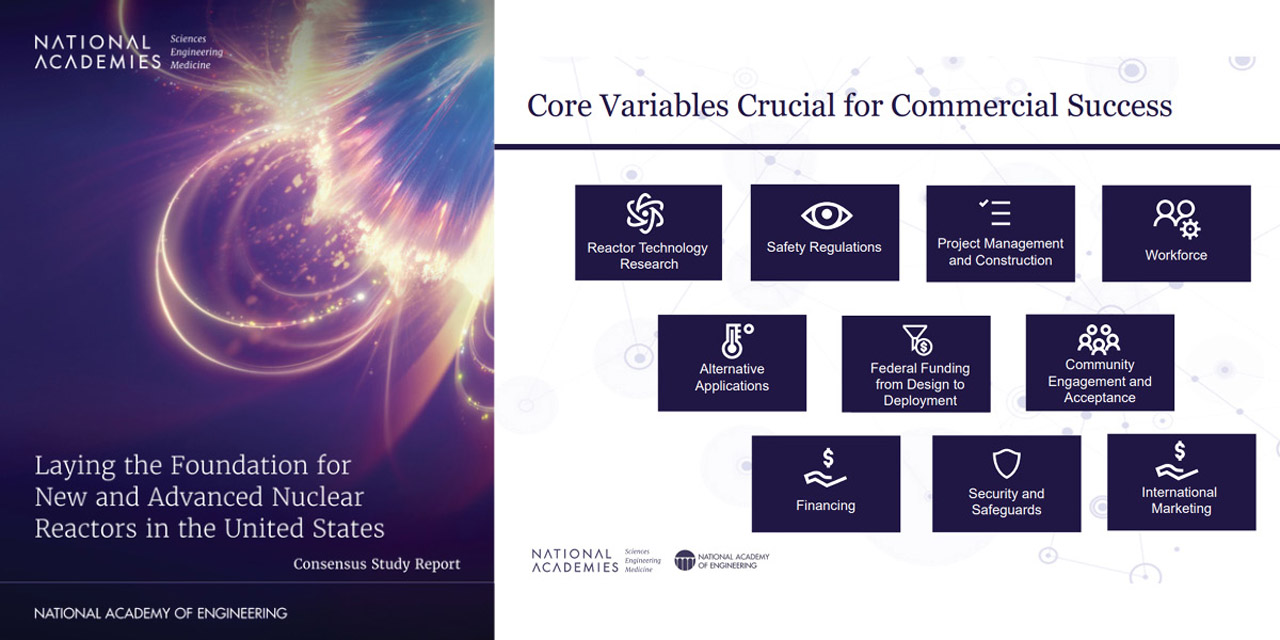
Richard Meserve, who for more than two years chaired the National Academies of Sciences, Engineering, and Medicine (NASEM) Consensus Committee on Laying the Foundation for New and Advanced Nuclear Reactors in the United States, introduced its 300-page report on April 27 during a public briefing.
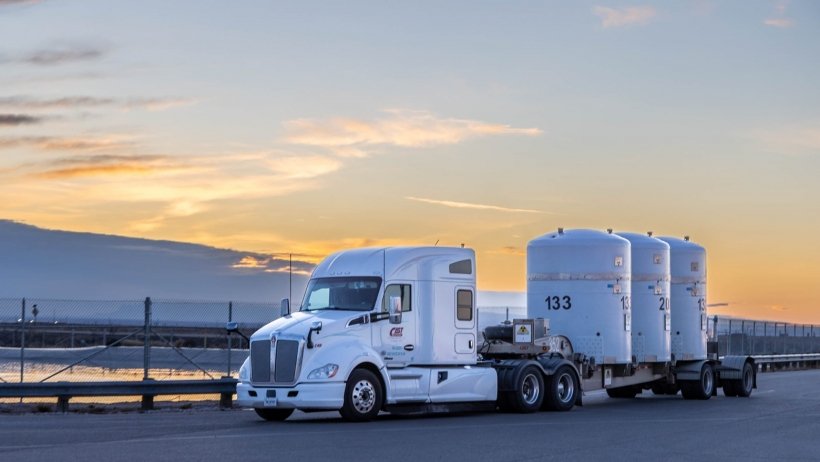
The Department of Energy’s Waste Isolation Pilot Plant (WIPP) recently marked a milestone after its drivers exceeded 16 million safe miles without a serious accident or injury—equivalent to 33 round trips to the moon or more than 642 trips around the world, the DOE’s Office of Environmental Management announced.
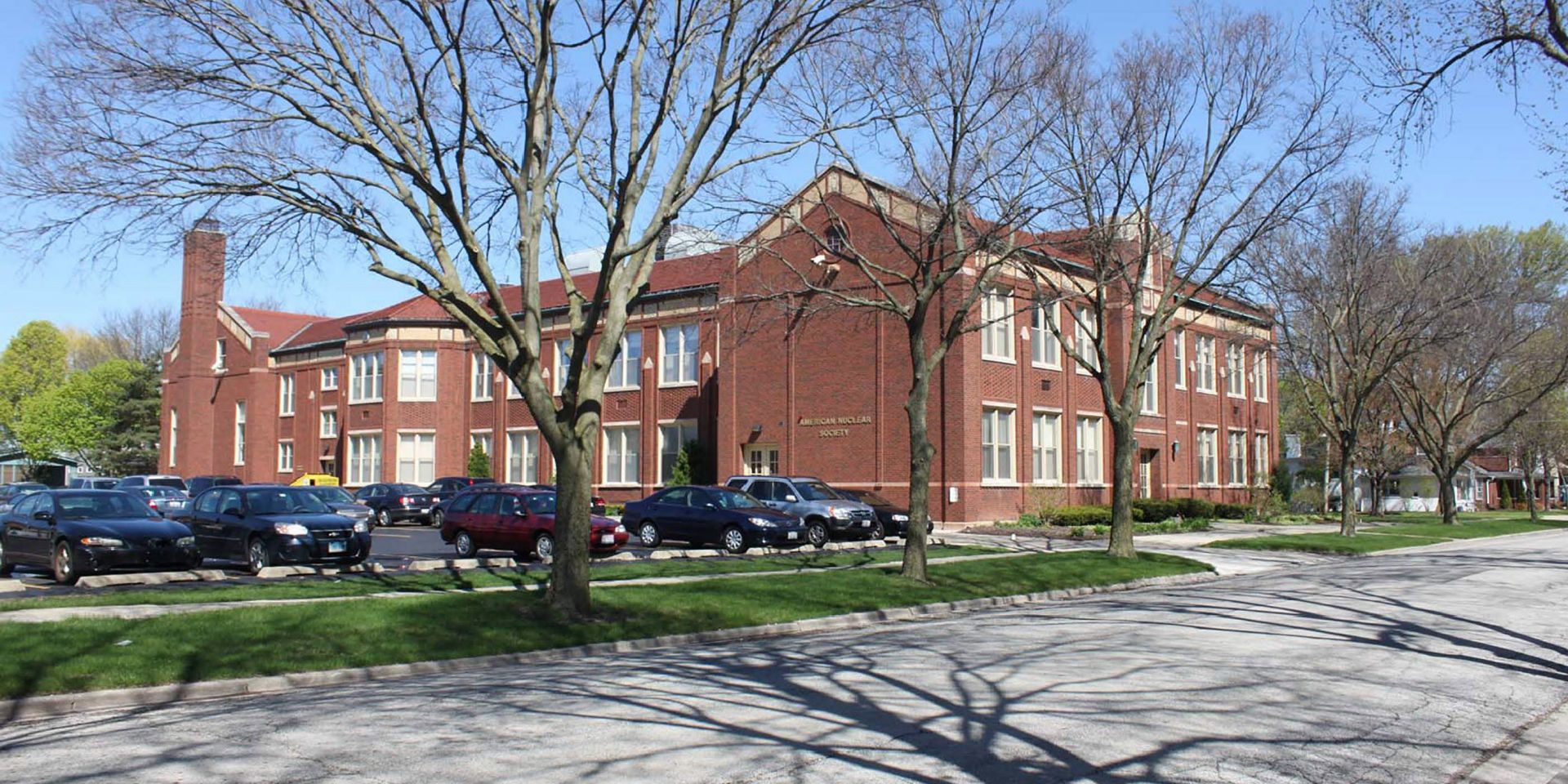
After being on the market for two years, the American Nuclear Society headquarters in La Grange Park, Ill., has been sold to a local real estate developer. This move was first set in motion in 2021. Following a year of first fully remote, then hybrid remote work as a result of the COVID pandemic, ANS leadership decided the time was right for a change. Even before the pandemic, it was noted that the nearly 30,000-square-foot building, a former elementary school, was much too large for the 35 full-time staff (some of whom are fully remote, living in states from California to Florida).
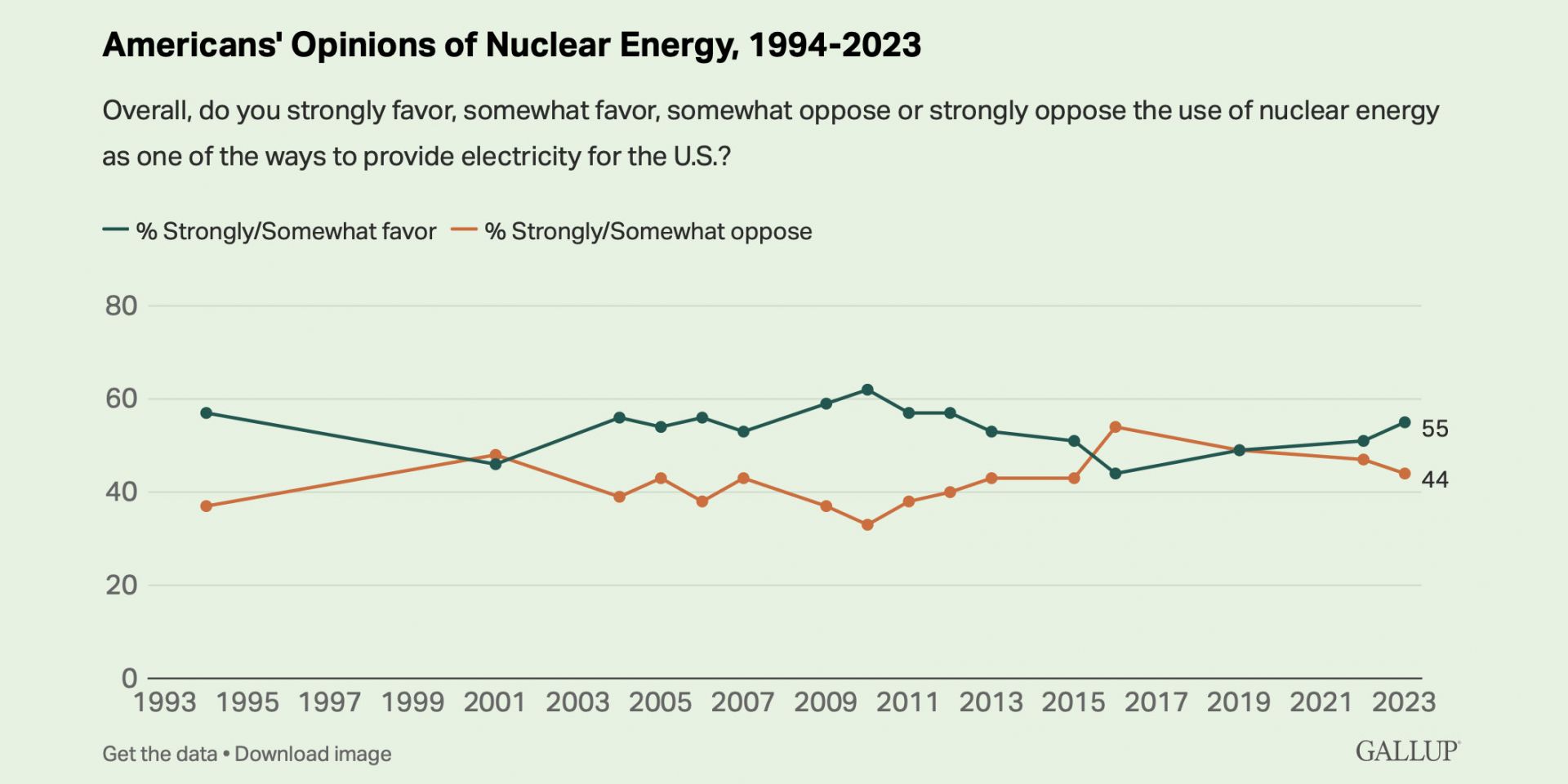
Noted pollster Gallup reports that Americans’ support for nuclear energy is greater now than at any time since 2012, with 55 percent of the U.S. adult population “strongly” or “somewhat” in favor of using nuclear energy to generate electricity. That number is up substantially from the 44 percent who supported nuclear in 2016. Today, 25 percent of U.S. adults strongly favor nuclear, while 30 percent somewhat favor it. Gallup conducted its 2023 survey March 1–23 via landline and cellular telephones with a random sample of 1,009 adults living throughout the United States.
The Department of Energy’s Office of Environmental Management (EM) will offer an estimated $24.5 million to minority-serving institutions to help foster a sustainable and diverse science, technology, engineering, and mathematics (STEM) workforce pipeline within the office.
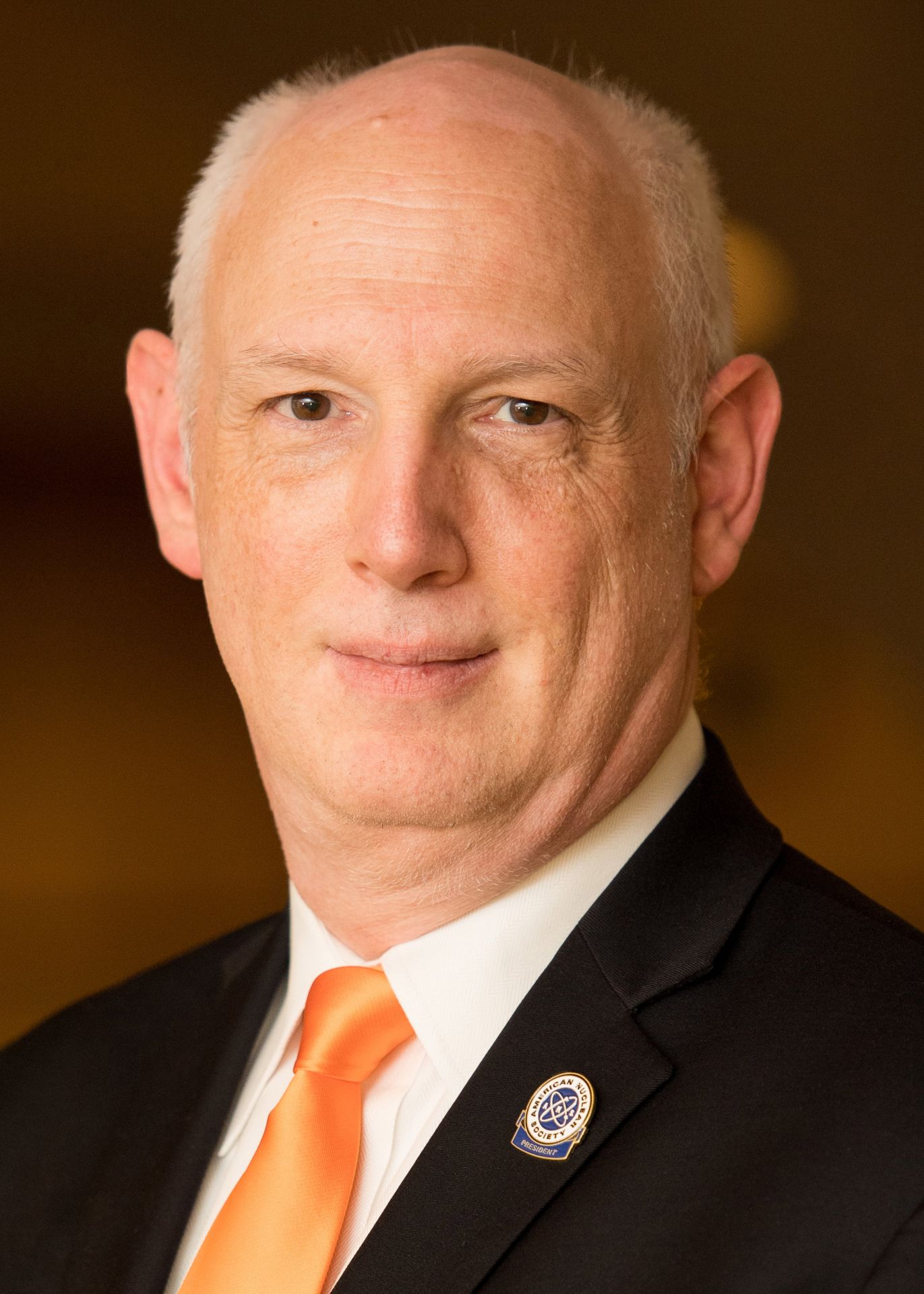
Steven Arndt
president@ans.org
In our daily lives, most of us take for granted that electricity will be available. We pull up to our garages in our cars and push the garage door opener and it works. Our refrigerators stay cold. Our houses stay warm. Our lights come on when we flip the switch. But reliable electricity doesn’t happen by accident. One of the most important parts of our industrial infrastructure, a reliable electric grid is achieved through deliberate design that uses a mix of sources that can achieve reliability, low cost, and other specific attributes like low environmental impact. Maintaining a reliable electric grid requires planning, analysis, and understanding of what is happening in the world. Many of the traditional grid reliability standards no longer recognize the reality of today’s constrained electric grids, nor do they account for fuel supply, weather, or the high penetration of renewables.